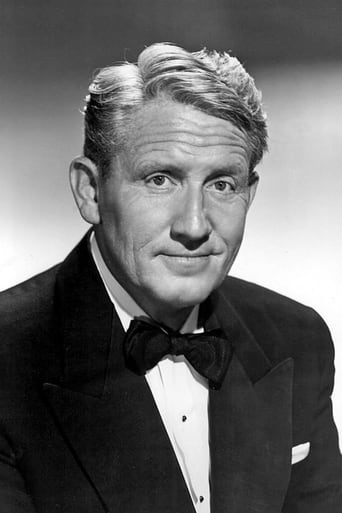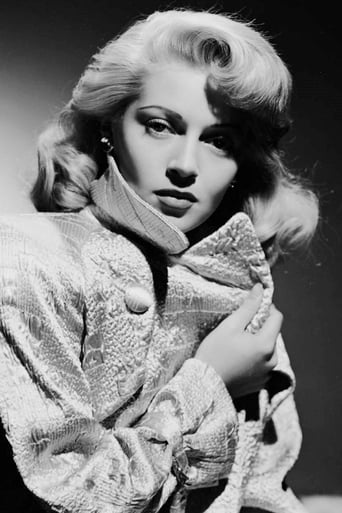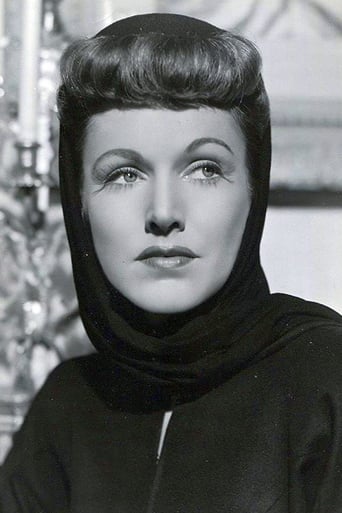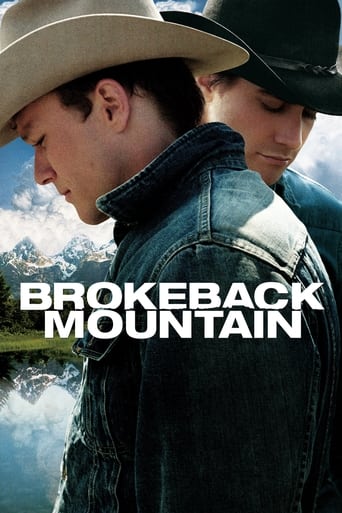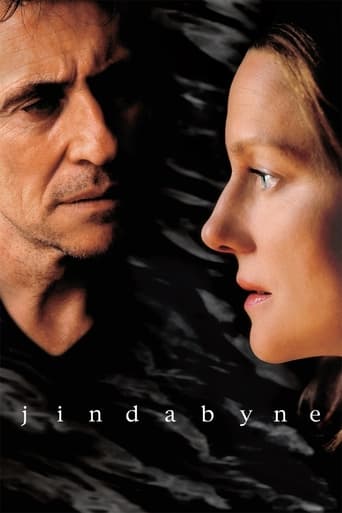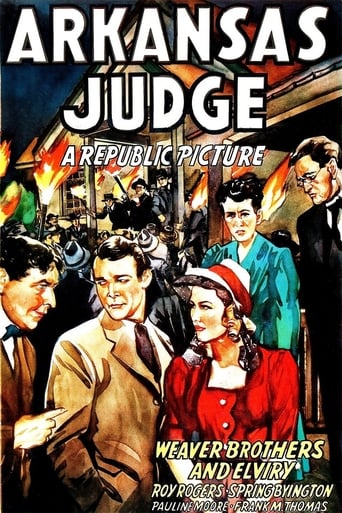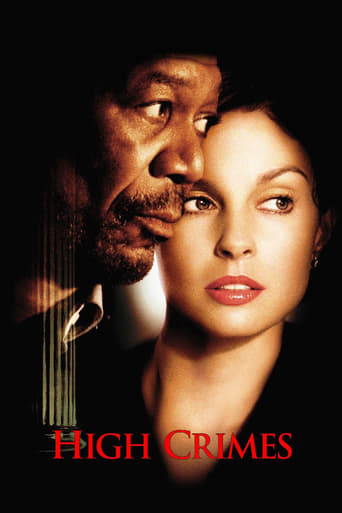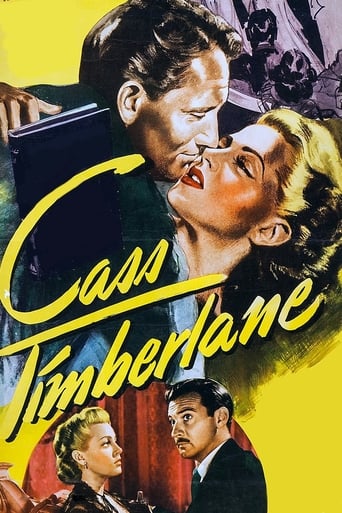
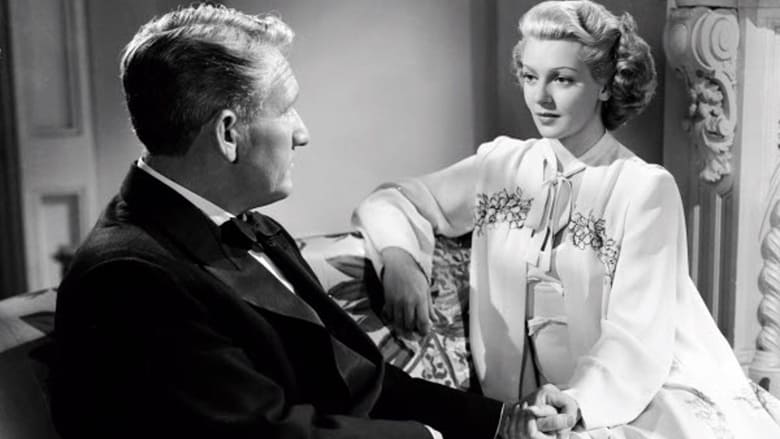
Cass Timberlane (1947)
Judge Cass Timberlane marries a girl from the wrong side of the tracks, Virginia Marshland. A baby is stillborn and she turns more and more to attorney friend of of Cass' Brad Criley. While quarreling the Judge tells Virginia to stay with Brad, but when she becomes sick he brings her home.
Watch Trailer
Cast
Similar titles
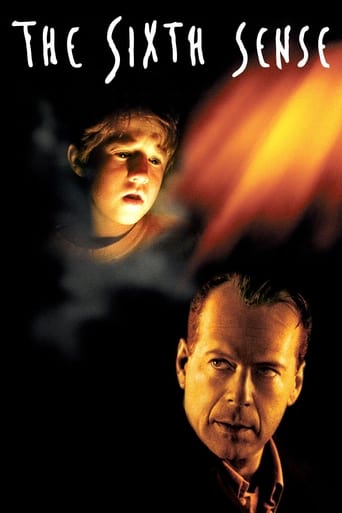
Reviews
Absolutely brilliant
if their story seems completely bonkers, almost like a feverish work of fiction, you ain't heard nothing yet.
Ok... Let's be honest. It cannot be the best movie but is quite enjoyable. The movie has the potential to develop a great plot for future movies
Great story, amazing characters, superb action, enthralling cinematography. Yes, this is something I am glad I spent money on.
Spencer Tracy is judge Cass Timberlane, in this film adaptation of the Sinclair Lewis novel. He has carved out a nice little niche for himself and settled into a nice community with a steady girl, played by Margaret Lindsay and has some high society friends. But perhaps he gotten too used to his surroundings. Maybe he isn't as happy as he thinks (he is.) His cases have gotten a little monotonous, when a witness to an elderly lady falling on a city sidewalk is artist/designer Lana Turner, who lives outside of his social circle. She piques his interest with her looks, her youthful perspective on life, and her pictures of him. They form a friendship that leads to marriage, surprising his society friends who were expecting him to marry Chris (Margaret.) Attorney and friend Zachary Scott takes an instant liking to her as well. When she grows tired of trying to fit in and exasperated with her situation, arguing about it with Spencer, she winds up going to New York with Zachary. I don't how faithful this is to the book, but this is an example of how Hollywood would write themselves into a corner or a bad situation and then slap a pat or forced happy ending on it. People argue, can't get along and want their way until the final reel, where they say "we're so happy, let's live happily ever after." The viewers have to be placed in their situation and allowed for the natural feelings to be evolved and addressed for some final good closure. We do have this to a point, but just the same the scene with Lillian (Josephine Hutchinson) talking to Lana and the scene of Spencer and Lana's final confrontation feels a little bit like an afterthought. Being a Lana Turner fan, I may be kinder to this than a lot of others; I have always liked this film on the whole, but also felt the pat ending was a major flaw. Granted, we want them to be together but it somehow rings a little false.
To enjoy this film, you really have to suspend disbelief. I can often times do this, but if you just can't believe in the possibility of pairing an ordinary-looking middle-aged guy (Tracy) with an extremely sexy young woman (Turner), then you should probably just skip the film. In fact, the people around this strange pairing also have trouble accepting this marriage. My problem wasn't just the age differences, but the personality differences--I just couldn't understand why she was attracted to him (I have my suspicions why HE would be interested). The story itself apart from that is good and I like that Zachary Scott is there for support--he is great in his caddish roles. Not a bad but not an exceptional film--but sure to please fans of Tracy.
Spencer Tracy is a hard-nosed small town judge who meets feisty, attractive young Lana Turner in his courtroom one day and finds himself smitten; they date and he soon proposes, but there's an immediate problem: Lana's from the poor side of town and doesn't have the judge's class (she bowls and plays baseball) while all the judge's high society friends mingle at cocktail parties and gossip on the phone. From the way the film is written and directed, we are to assume Lana is really benefiting from this marriage, but she's never as happy as she was in those early scenes of "poverty" and, worse, she never returns to her roots, just goes around in circles finding the judge's money, power and friends a chore. The script is actually rather condescending in its approach to Turner's character; it has been written by people with money who have no idea what the "poor side of town" even looks like, and the filmmakers can't even grasp the fact that Turner (and maybe even judge Tracy) would be much happier away from all the champagne and telephone gossips and get involved in some low-income fun (like bowling!). Instead of focusing on the class-issue, they throw another man in Lana's path, which is the oldest issue in the book. This movie doesn't have any courage, and only the early courting scenes have spark. Tracy and Turner do all they can, but it's a lost cause.
As much as I love Spencer Tracy, there wasn't much he could do with this boring, predictable, overly preachy script. Not to mention how ironic it is to hear him expound the virtues of fidelity when he had numerous affairs, the most famous being Katharine Hepburn, while still married.Lana Turner is lovely, but I just couldn't get into the story line. I think it started out as a good idea: Cass Timberlane (Tracy) marries a younger woman (Turner) from the supposed "wrong side of the tracks", much to the chagrin of his snobby friends. Can they make the relationship work or not? If they would have developed the story more, and preached less, I think it may have worked. Instead it is just a two-hour sermon, more or less.Well, at least there is a cute kitty included in the picture.
